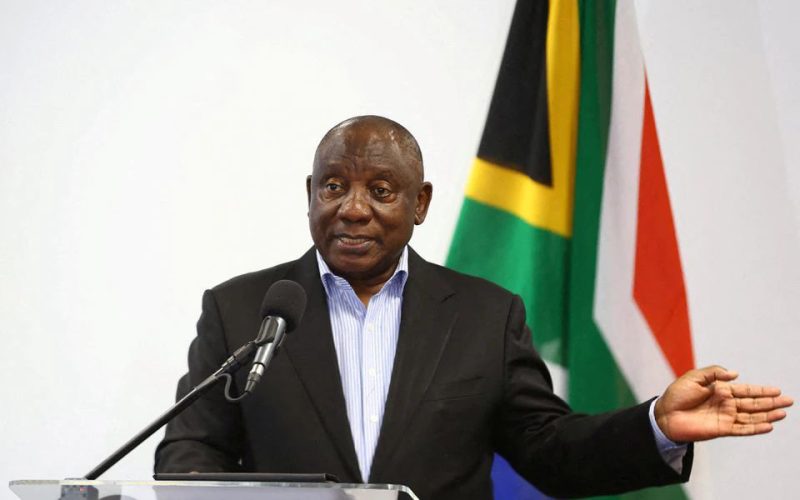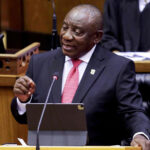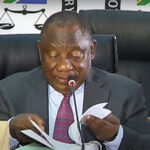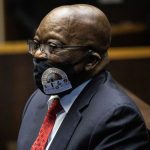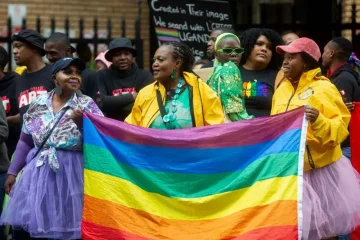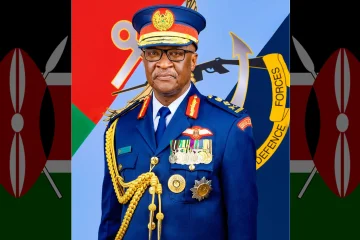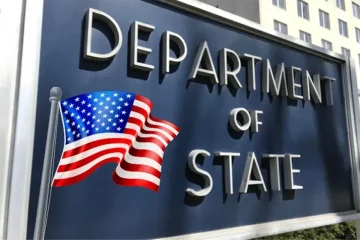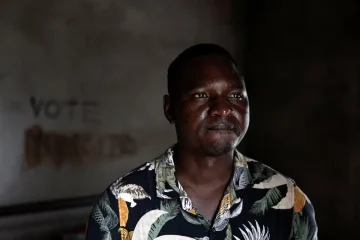SOUTH Africa will overhaul its anti-corruption strategy and ensure the independence of prosecutors, President Cyril Ramaphosa said, responding to recommendations from a state inquiry into alleged corruption under his predecessor.
A judicial commission of inquiry was established to examine allegations of high-level graft during former President Jacob Zuma’s nine years in power from 2009 to 2018.
“The people of South Africa are tired of corruption and want it to end,” Ramaphosa said in a live television broadcast. “As a country, we are emerging from a dark and difficult period.”
The inquiry found Zuma had allowed businessmen close to him – brothers Atul, Ajay and Rajesh Gupta – to plunder state resources and influence policy, commonly known as ‘state capture’ in South Africa.
The Guptas deny any wrongdoing and have left the country but face extradition proceedings in Dubai. Zuma denies wrongdoing and at one stage refused to cooperate with the inquiry, leading to his imprisonment in July 2021 for contempt of court.
Inquiry reports said investigations, which implicated ANC politicians and company executives, found rampant graft across key economic sectors including state-owned companies such as power utility Eskom and freight and logistics group Transnet.
Evidence uncovered by the inquiry can be used by authorities to pursue criminal charges.
Ramaphosa said of plans to overhaul South Africa’s anti-graft strategy: “Through the implementation of the actions contained in this response, we can start a new chapter in our struggle against corruption.”
In a letter addressed to the Speaker of the National Assembly, Ramaphosa said his response outlined steps government will take to catch suspects and other reforms.
Ramaphosa, who served as deputy state president under Zuma, testified at the inquiry that he chose to “remain but resist” rather than resign when allegations surfaced.

